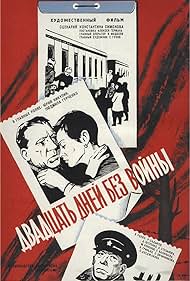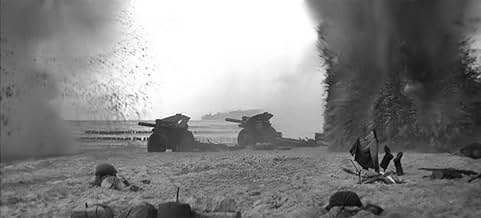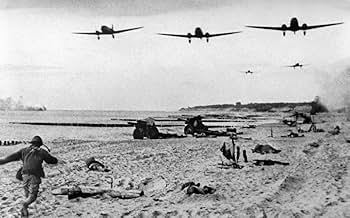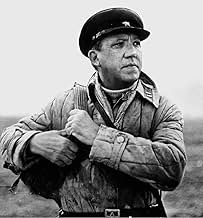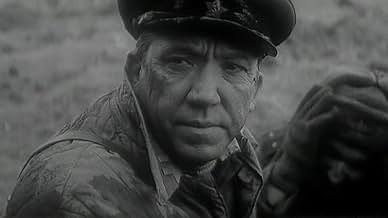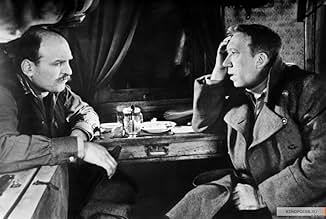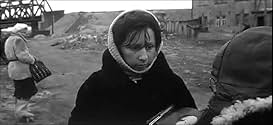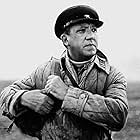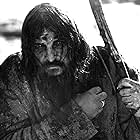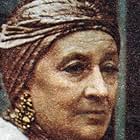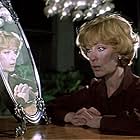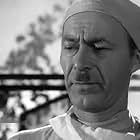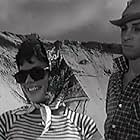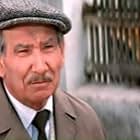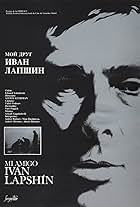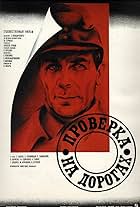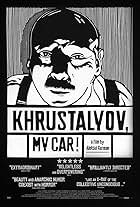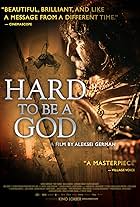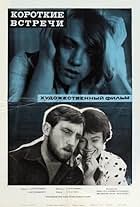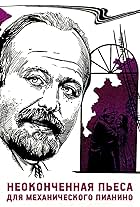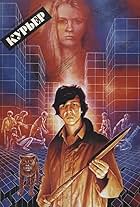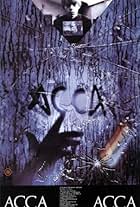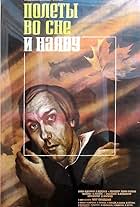"Twenty Days without War" is one of the very few "cinema-verite" style films made on the topic of World War II, specifically the Soviet home front. Based on the life of famous war correspondent and poet Konstantin Simonov (who himself narrates off-screen at the opening and closing sequences), this remarkable film follows the venerable Yuri Nikulin, playing a Simonov-like character who is granted a 20-day leave to visit the Uzbek city of Tashkent (one of the major evacuation centers during the war, where the Soviet cinema studios were moved). Part of his journey's purpose is to advise the filming of a propagandistic screen version of one of his stories. Many of the sequences here are shot almost documentary-style, with such unpretentiousness and candor, as if the real war participants and victims were actually interviewed on screen. And yet, lyrical and even poetic moments are also glimpsed, albeit in amazingly unforced, unsentimental fashion. Most of the actors, including Nikulin himself, lived through or fought in the war, and their intention, as well as the director's must have been to deliver a hitherto-unknown, "you are there" immediacy to the audience. They splendidly succeed, as the film, like no other of its kind, brings to life the reminiscences of my grandparents, who experienced both the fighting and the evacuation. In fact, it remains my grandmother's all-time favorite war film because of the honesty of its emotions and the truthful spirit of the period it conveys.
